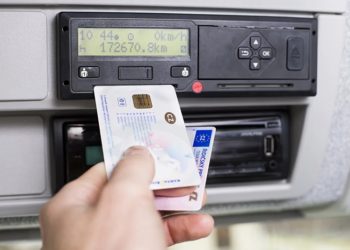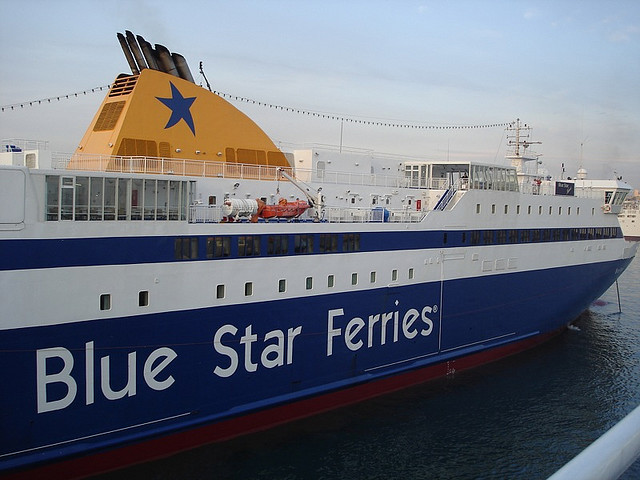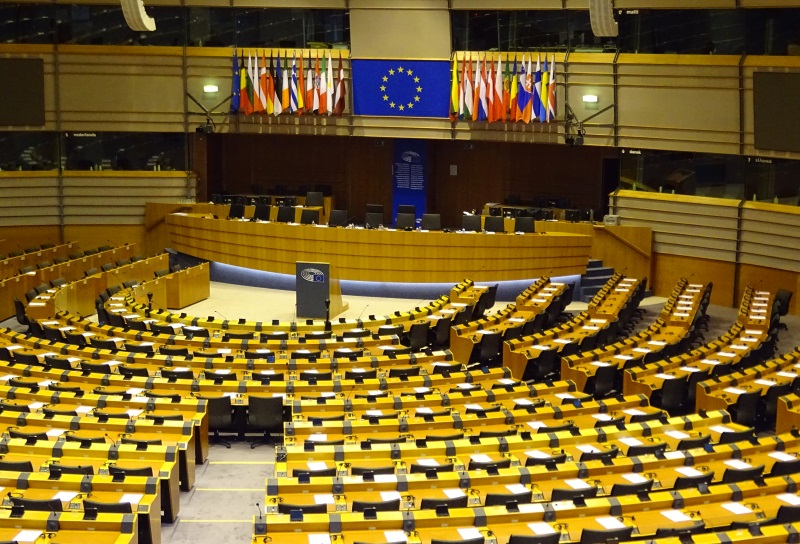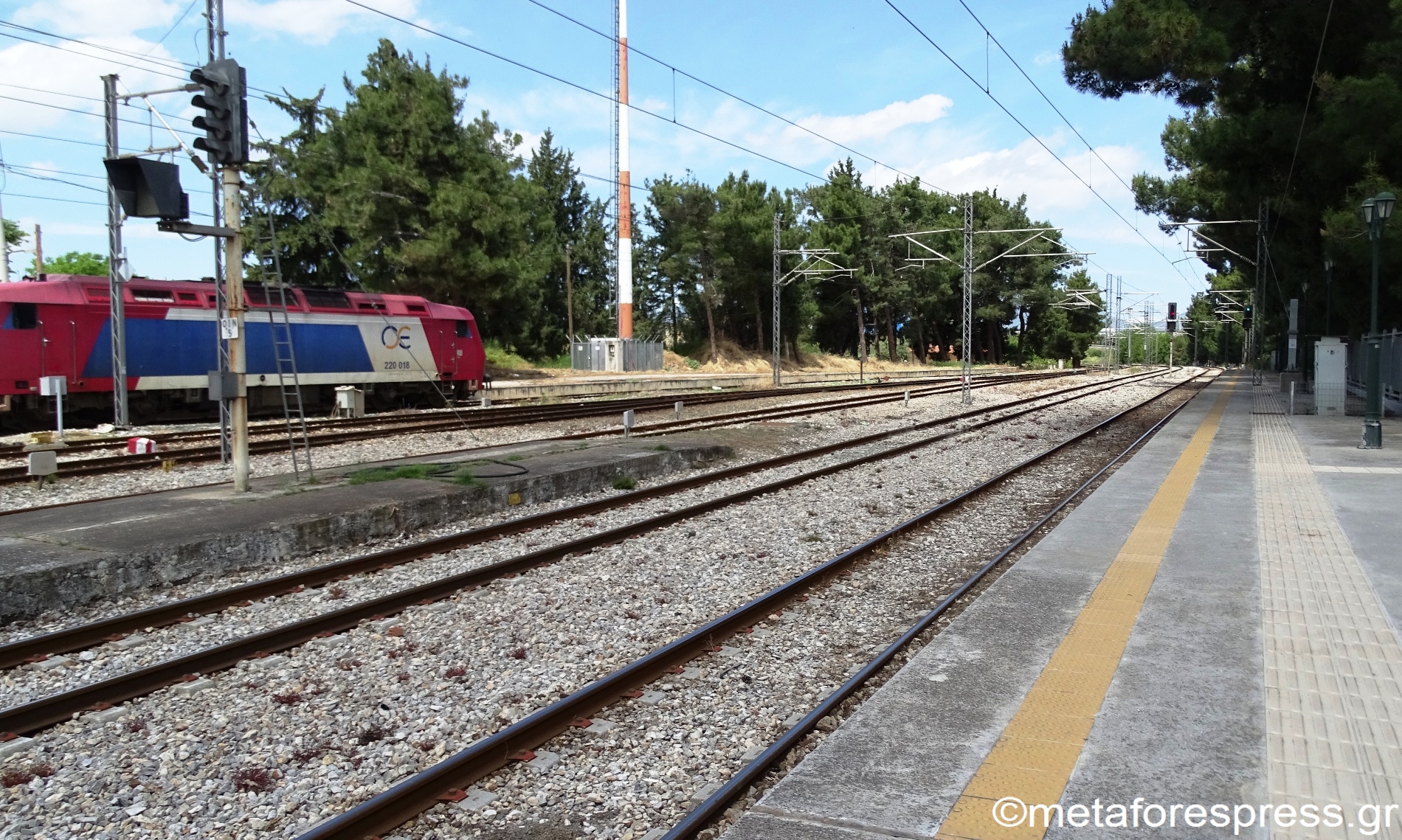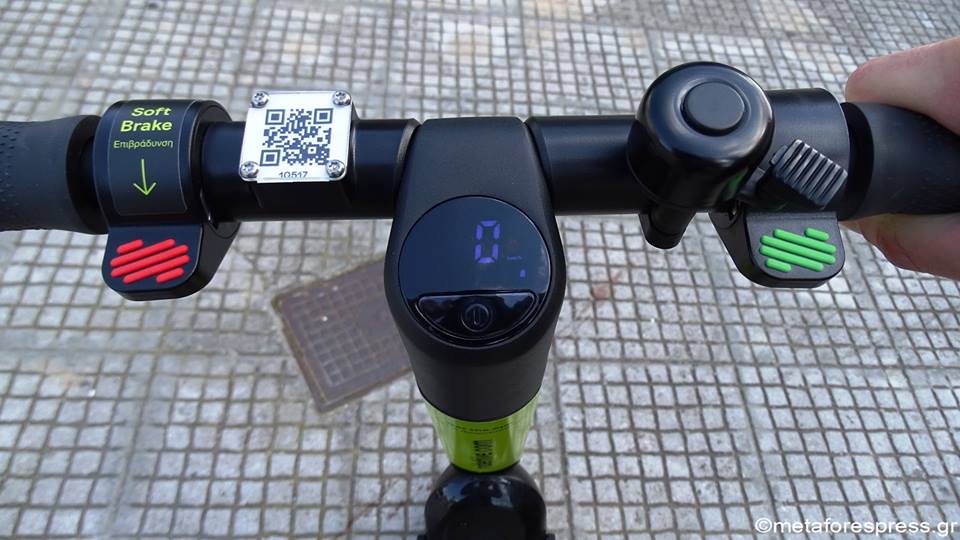The European Commission requested Luxembourg, Poland and Portugal to comply with judgements of the Court of Justice of the EU related to the good functioning of the internal market for road transport.
In 3 judgements from 2016[1], the Court found these Member States to be in breach of EU law (Regulation (EC) No 1071/2009) for not having established national electronic registers of road undertakings and for not having interconnected those with the registers of the other Member States.
National electronic registers of road undertaking are database which contain some information (such as the name, address and number of vehicles) on all companies that have been authorised to perform commercial operations by a Member State. EU law requires these national registers to be interconnected in order to create a European Register of Road Transport Undertakings (ERRU). This EU-wide register allows for a better exchange of information between Member States and a better enforcement of existing legislation, including the social acquis. It guarantees that offenders can be identified when they commit offences abroad. This results in a better and socially fairer internal market for transport.
To date, Luxembourg, Poland and Portugal have not established and interconnected their national registers and have therefore failed to comply with the judgements of the Court. The Commission is today requesting these Member States to swiftly do so by addressing them a letter of formal notice under Article 260(2) of the Treaty of the Functioning of the EU (TFEU).
The Luxembourgish, Polish and Portuguese authorities now have two months to notify the Commission of the measures taken to ensure compliance with the respective judgements. Should they fail to do, the Commission may bring the case before the Court, specifying the amount of the lump sum or penalty payment to be paid by the Member State concerned.
Background
Transparency is a cornerstone for achieving an internal market in road transport. In this respect, Regulation (EC) No 1071/2009 requests from Member States, in its Article 16(1), the creation of a national electronic register of road transport undertakings which have been authorised by a national competent authority. Article 16(5) requests, in turn, that those national registers are interconnected. National registers and their mutual interconnection should have been in place by 31 December 2012. This EU-wide register allows for a better exchange of information between Member States and a better enforcement of existing legislation, including the social acquis. It guarantees that offenders can be identified when they commit offences abroad. This results in a better and socially fairer internal market for transport. In order to further improve enforcement and to guarantee a consistent application of the legislation applicable to the road transport sector, the Commission envisages proposing a number of legislative initiatives in the coming weeks.
[1] Luxembourg: Judgment of 1 December 2016 (case C-152/16)
Poland: Judgment of 5 October 2016 (case C-23/16)
Portugal: Judgment of 5 October 2016 (case C-583/15)

